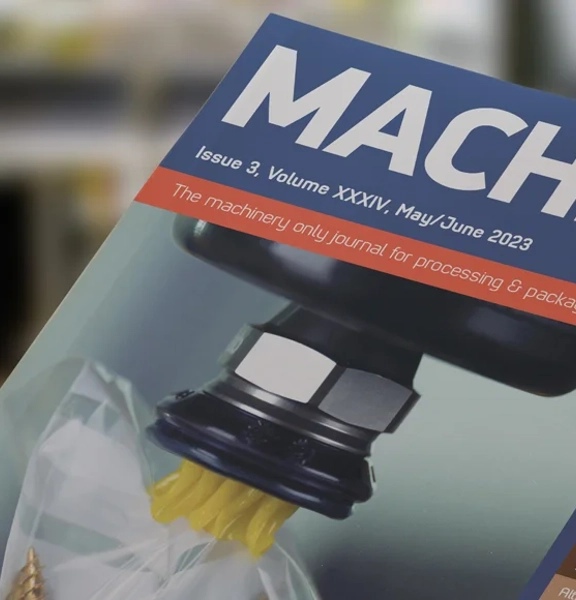Become a member
Take advantage of exclusive member benefits, world class events, networking and specialist support








 Become a member
Become a member 

4 March 2025
The development and increasing adoption of generative AI is having a transformative impact on supply chains. Where traditional AI was limited in terms of data analysis and task performance, generative AI has the ability to learn and devise innovative solutions. Making improvements based on past results, generative AI has the flexibility and adaptability to meet emerging supply chain challenges. We’ll explore the positive impacts of generative AI on supply chain management here.
AI has traditionally been reactive, improving efficiency through analysis and forecasting based on historical data. This has restricted its adaptability and scope for adjusting to changing supply chain conditions. However, it has enabled greater efficiency, with benefits also seen in terms of route optimisation and inventory management.
Generative AI takes things further. It has the capacity to analyse large and varied datasets, predict outcomes, and recommend proactive solutions. This makes for better inventory management, improved production scheduling, and smarter resource use.
Gen AI optimises the supply chain through the:
From logistics reports to market trends, generative AI can process huge amounts of data, uncovering insights for smarter decisions. A manufacturer might turn to Gen AI for the identification of an alternative supply chain route or inventory strategy. Proactive decisions may also be based on simulations of natural disasters or economic changes. With the continued analysis of new data and learnings taken from recommended actions, manufacturers can be assured of continuous supply chain improvement.
Connected with the Internet of Things (IoT) and robotics, Gen AI can have an even greater impact. Manufacturers can rely on IoT devices for the collection of real-time data on warehouse conditions, fleet movements, and equipment performance. Gen AI can then analyse this data, prompting factory robots to carry out tasks with speed and precision. This makes for a streamlined supply chain with fewer errors, lower costs, and higher efficiency. Gen AI can also be used for the monitoring of product quality, with adjustments made for reduced waste and greater customer satisfaction.
Of course, there are challenges to be overcome and ethical issues to be addressed if the benefits of generative AI are to be fully realised. Supply chain data must be managed responsibly, with the uses and impacts of Gen AI recommendations also being monitored. Teams and stakeholders should be informed of the technological potential and limitations, with the reassurance that Gen AI is being adopted for supply chain optimisation rather than worker replacement.
The importance of Gen AI adoption was reflected in Automate UK’s Industry Insights Survey of 2024, with supply chain issues confirmed as having the biggest impact on operations by 73% of end users. From difficulties in the forecasting of customer demand to geopolitical tensions and sustainability pressures, we’ve seen the continuation and escalation of such supply chain issues in recent years.
Gen AI can make a significant difference, enabling the accurate forecasting of customer demand, choice of reliable suppliers, and identification of ideal transport routes. In the words of Deloitte’s Submit Matthew, there’s every reason to believe that “supply chains of the future will be steered by human creativity but powered by AI and intelligent technologies”.
Gen AI has the clear potential to transform supply chain management. Learning from vast data sources, it ensures continuous operational improvement through smart, efficiency-boosting decisions. You can stay up-to-date and learn how to make the best use of such rapidly emerging technologies with Automate UK. Together we’ll innovate the future of automation.